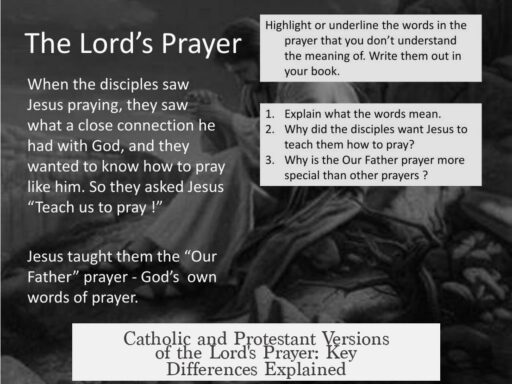BC stands for “Before Christ” in English, while AD comes from the Latin phrase “Anno Domini,” meaning “In the year of our Lord.” The reason they appear in different languages originates in historical usage and clerical practices during the Middle Ages.
English clerks and scholars adopted “AD” from Latin church documents. Latin was the scholarly and liturgical language of that time. They used “Anno Domini” to mark years after Jesus Christ’s birth in records and official texts. This Latin phrase naturally remained unchanged because it was already established in religious and academic contexts.
For periods before Christ’s birth, the situation was different. Latin equivalents for “Before Christ,” such as “Ante Christum Natum” (ACN), were longer and less convenient. English speakers found “Before Christ” simpler and more intuitive. It offered a clear two-letter acronym, BC, easy to remember and use.
Latin terms like “ante Christum natum” or “ante incarnationis dominicae tempus” were cumbersome for everyday use. This likely contributed to the preference for the English phrase “Before Christ” instead of the Latin versions. The phrase BC emerged gradually, especially since pre-Christ events attracted less clerical interest.
The choice reflects practicality rather than strict linguistic consistency. The Latin phrase stuck for AD due to its religious significance and established tradition. Meanwhile, BC adapted into English for clarity and brevity.
Other languages have their own solutions:
- French uses “av-JC” (avant Jésus-Christ) for BC.
- Italian uses “AC” (Avanti Cristo) and “DC” (Dopo Cristo).
- German variants differ between West and East regions, as detailed in German Wikipedia.
- Russian uses “до н.э.” (before our era) and “н.э.” (our era), avoiding explicit Christian references.
As English became a global language of science and learning, “AD” grew popular internationally, solidifying its usage in Latin form. However, “BC” remained tied to its English origin, resulting in the language mix seen today.
| Abbreviation | Language | Meaning | Notes |
|---|---|---|---|
| BC | English | Before Christ | Short, practical, English phrase |
| AD | Latin | Anno Domini (year of our Lord) | Clerical origin, religious tradition |
| ACN | Latin | Ante Christum Natum (before Christ born) | Longer, less used |
- AD derives from Latin “Anno Domini”; BC from English “Before Christ”.
- Latin terms for BC exist but are longer and less practical.
- English clerks favored BC due to simplicity and clarity.
- Other languages have their own equivalents reflecting local use.
Why BC and AD Speak Different Languages: Unpacking the Timekeeping Tale
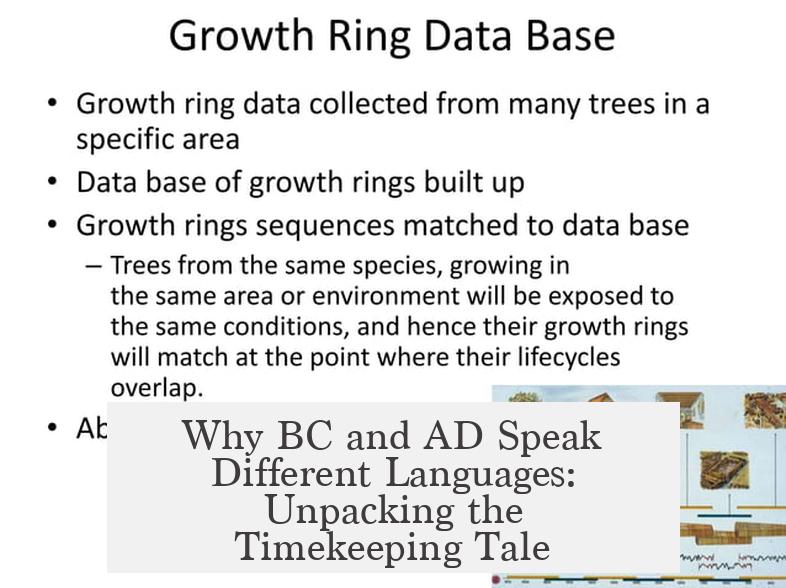
BC stands for ‘Before Christ’ while AD means ‘Anno Domini,’ which is Latin for ‘In the Year of Our Lord.’ Yes, the two use different languages because history and language had their own quirky journey to this point. Let’s dive deeper into why this mix exists and what it reveals about our calendar and culture.
It’s funny, really, that the familiar BC is English, and AD is Latin. When you think about it, you might expect both to be consistent. So, why the mismatch?
The Latin Legacy of AD
The Anno Domini labeling comes straight from Latin, the scholarly and liturgical language of Europe during the Middle Ages. Before English was a dominant language, Latin ruled education, the church, and official records.
English clerks from the Middle Ages played a big role here. Church documents, written primarily in Latin, often used Anno Domini to date events happening after the birth of Christ. This phrase naturally stuck because these clerks were interacting with these texts regularly.
So Why is BC in English?
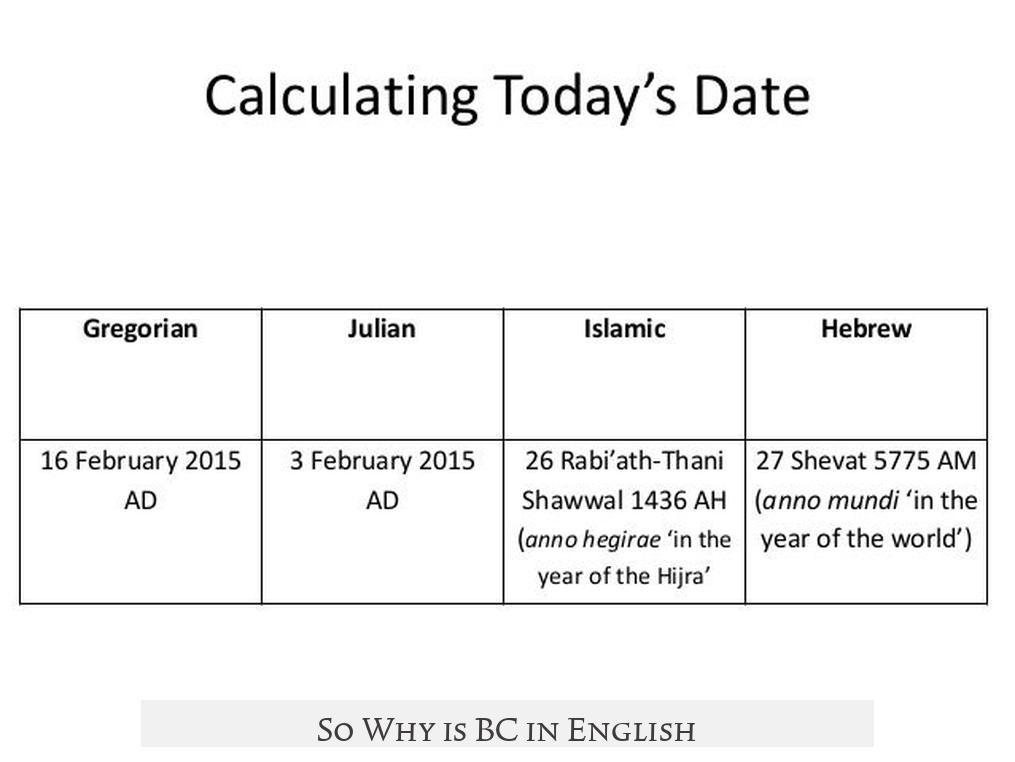
As for BC, historians back then had Latin terms like Ante Christum Natum (ACN) or the mouthful ante incarnationis dominicae tempus. But these longer Latin phrases were cumbersome.
The brevity of BC—two simple letters—won out. The English phrase Before Christ became more popular because it’s easier to say and write, especially for non-Latin speakers working in history and science. English-speaking scholars naturally popularized it.
Did You Know AD Wasn’t Always Used?
Before English became widespread, the term Anno Domini technically existed but wasn’t used as a general date marker. It gained ground over centuries, becoming the default way to mark years in Europe after the Middle Ages, especially in academic and religious contexts.
This rise coincided with the spread of Christianity across Europe and Latin remaining the language of learning. It was a natural fit to track time based on the life of Christ from a European Christian perspective.
Alternatives Around the World

Not every culture stuck to English or Latin for their historical timelines. Here’s a small multilingual tour of how BC and AD equivalents look across languages:
- French: uses av-JC (avant Jésus-Christ) for BC. It literally means “before Jesus Christ.”
- Italian: has AC (Avanti Cristo) and DC (Dopo Cristo) for before and after Christ.
- German: fascinatingly, West and East Germany had variations of Latin and German abbreviations.
- Russian: uses до н.э. and н.э., meaning “before our era” and “our era,” avoiding religious phrases entirely.
Different cultures have tailored this system to suit their languages and traditions. It’s a reminder that the BC/AD system is quite Eurocentric and tied heavily to Christian-European history.
What About Jesus’ Actual Birth Year?
Here’s a twist: historians agree that Jesus wasn’t born in 1 AD or 1 BC. The numbering around the birth of Christ is an approximation established later by a monk named Dionysius Exiguus in the 6th century. Subsequent scholarship suggests Jesus’ birth likely occurred several years earlier, around 4 to 6 BC.
Despite the inaccuracy, the system stuck because it provided a unified reference point. This helps the world keep track of events without needing different calendars for every region or culture.
The Cultural Reason for the Christian Calendar
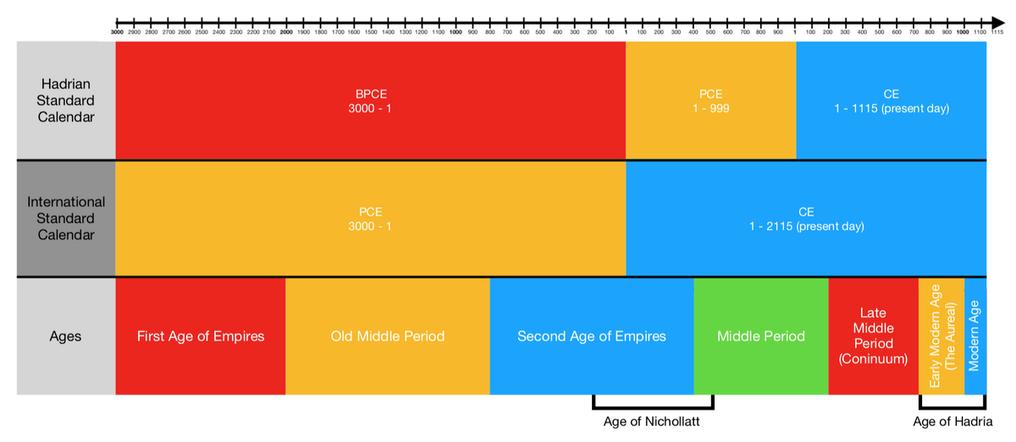
This division into BC and AD makes sense within a Christian cultural context. The birth of Christ is the pivotal moment that divides history into “before” and “after.” But this is unique to Christian tradition.
For comparison, the Muslim calendar counts years from the Hijra, Mohammed’s migration from Mecca to Medina, about 1438 years ago. Judaism counts years since creation, currently around 5774 years.
And neither Muslim nor Jewish calendars typically use a “before” concept for their eras; they only count forward from significant events. That’s a cultural perspective that influences how history and time get annotated.
The Eurocentric Lens and Modern Alternatives
BC and AD reflect a Eurocentric, Christian worldview. To accommodate pluralism and secularism, many now use BCE (Before Common Era) and CE (Common Era). These terms keep the dating system but remove explicit Christian references.
Still, the origin story of BC/AD remains a blend of Latin tradition for “Anno Domini” and English ease for “Before Christ.” It’s a historical quirk, born from the needs and habits of medieval clerks and scholars who shaped the calendar system we inherit today.
Summary Table for Quick Insight
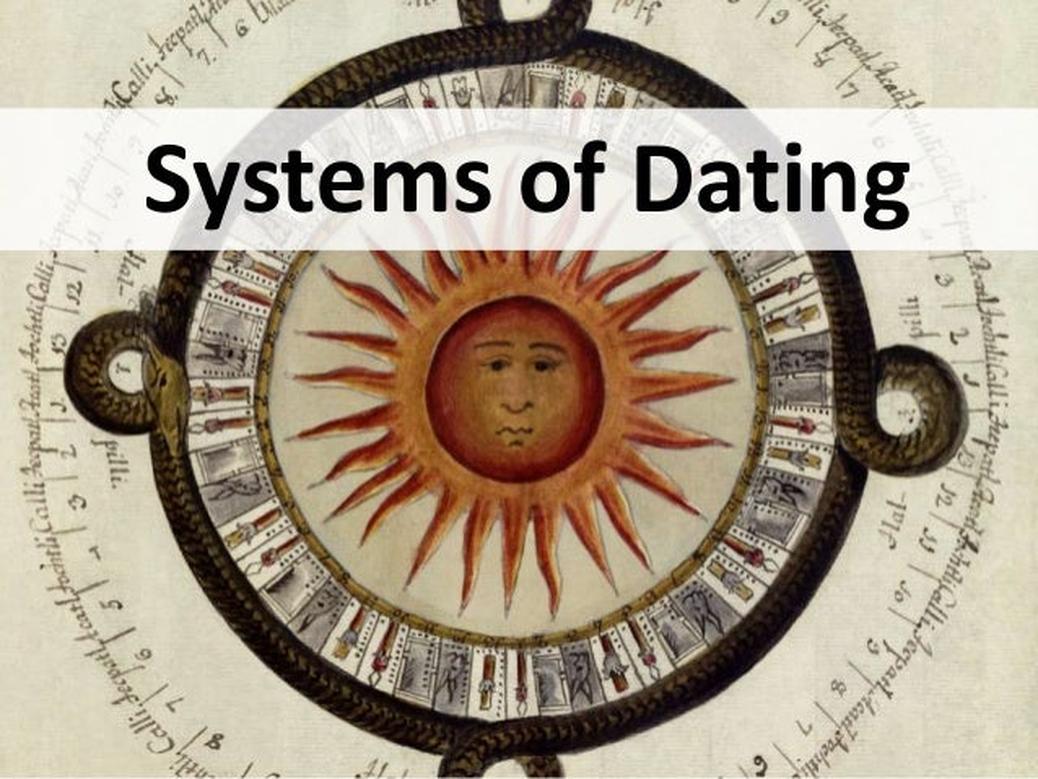
| Term | Language | Meaning | Example |
|---|---|---|---|
| BC | English | Before Christ | 500 BC (500 years before Christ’s birth) |
| AD | Latin | Anno Domini (“In the year of our Lord”) | AD 2024 (Current year, after Christ’s birth) |
| ACN | Latin | Ante Christum Natum (Latin for BC) | Rarely used |
| av-JC | French | avant Jésus-Christ (Before Jesus Christ) | av-JC 44 (Before Christ, Julius Caesar’s death) |
| до н.э. | Russian | Before our era | 444 до н.э. |
Final Thoughts
Next time you jot down BC or AD, remember your timeline is a patchwork quilt of languages and cultures. Latin’s lasting academic influence immortalized Anno Domini, while English shaped the handy “BC.” That mix tells a story about who wrote history and how language shapes our understanding of time.
So, which side are you on? Team Latin or Team English? Or maybe you prefer BCE/CE to keep things modern and inclusive?


